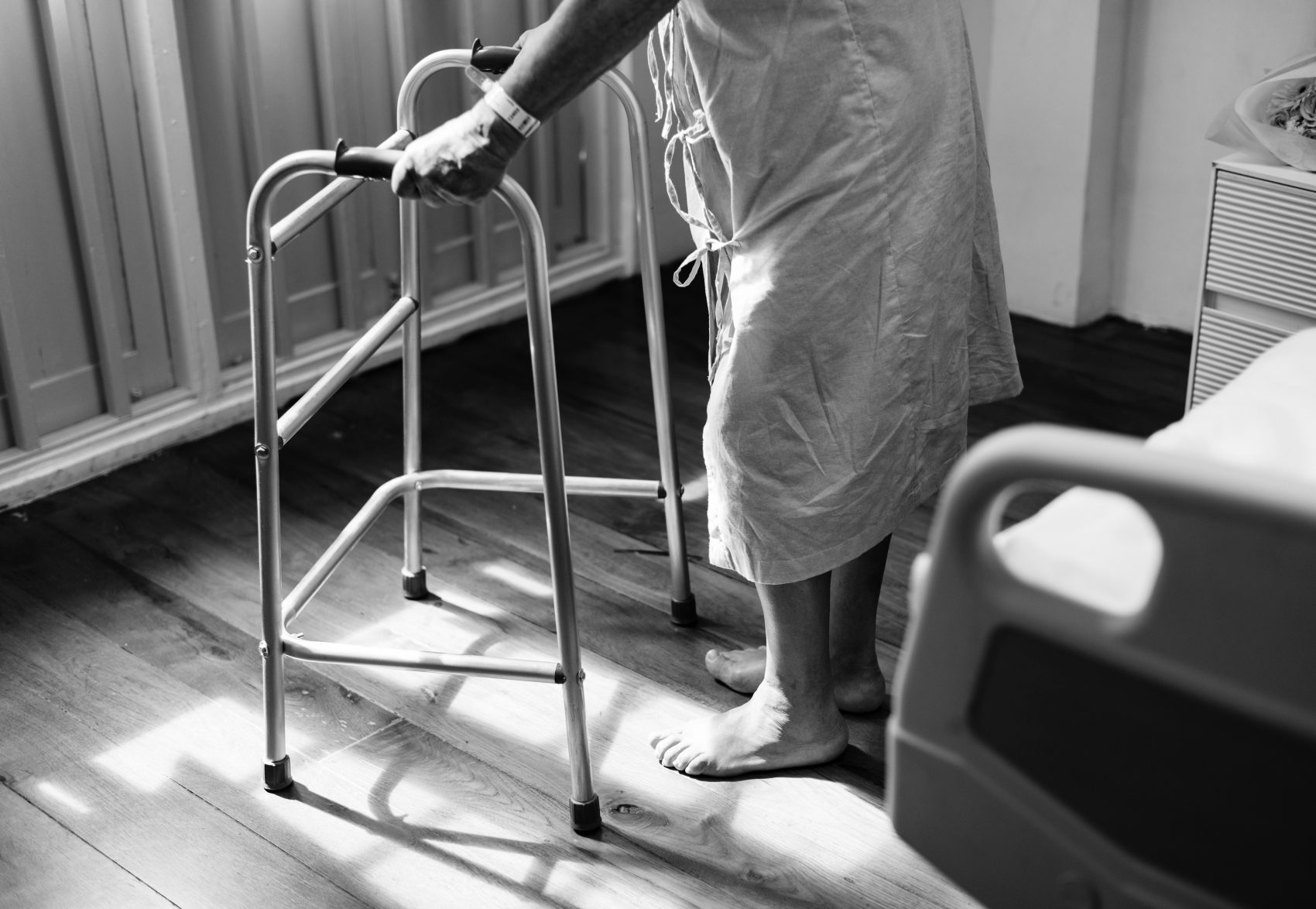Words by Courtney Gallert | @courtgallert
Organ donation saves lives every day, but we rarely hear about it in the headlines. Choosing to donate your organs is a deeply personal choice about self and sacrifice—the ultimate gift. It creates profound divides between those on opposing sides of the debate.
So why exactly do people choose to donate their physical selves?
According to the 2017 Australian Donation and Transplantation Activity Report, 510 deceased organ donors and 273 living donors saved and enhanced the lives of 1,675 Australians in need. This data, alongside the 2016 report, confirms the upward trend of successful organ donation and transplantation. These statistics suggest Australians are, slowly yet surely, becoming more trusting of the organ donation process.
Amanda, a 21-year-old university student, recently joined the Australian Organ Donor Register. The decision was not taken lightly. She hesitated in the beginning, concerned by the thought if she was ever on life support, her willingness to donate may affect her treatment.
“I’d heard a rumour that doctors can be quick to turn off life support in order to preserve organs for the recipient. And we all know being on life support means you still have a chance of living,” Amanda said.
Amanda’s ultimate concern was that her life could be ended too quickly for the benefit of someone else. However, these fears were soon put to rest.
“I came to realise that these things are so heavily screened. There’s heaps of testing that has to occur before my organs could be removed,” she said.
The Donate Life website explains the complete organ donation process for utmost transparency. Before any intervention, loved ones are asked to confirm the decision. It is only once their approval has been given, further steps can be taken.
In an interview with 4BC News Talk, Chris Thomas, CEO of Transplant Australia, sympathised with families faced with the decision. He acknowledged that “organ donation happens at two, three in the morning, it’s always in tragic circumstances [and] there [can be] Coroners cases.”
For Thomas, this highlights the need to join the organ donation register—so loved ones can respect your wishes. “If you’re on the register, more than nine times out of ten, families will actually honour that,” Thomas said.
Organ donation can be a question of philosophy, as much as it is a question of the physical.
According to Thomas, “we are more than halfway along a very long process of reforming our organ and tissue system in Australia”. This reform has included adding extra support through agencies in every state and territory for grieving loved ones.
Amanda further qualified her choice: “people risk their lives for others all the time. Firemen risk their lives each day on the job. Soldiers risk their lives for their country. So for me to risk the 0.000001% chance that my life could be cut short by a rogue doctor is not too hard to weigh up.”
Although she’s come to accept her decision, Amanda’s mother initially disagreed with her choice in joining the organ donation register.
“Mum thought it was silly, as our bodies are so personal and are made just for us,” she said.
Amanda spoke about her struggles in coming to terms with her parents’ differing opinion, saying choosing to become a donor “was a big thing for me. I was already making this huge choice and their support would have helped. But I just thought to myself, what are my values, and how can I ensure that a part of me lives on?”
Chris Thomas echoed this sentiment saying, “[organ donation] is the ultimate gift. When I leave this world, I would love to be able to leave behind a legacy. How about leaving behind a legacy of saving seven or eight lives?”
Values and legacy are common motivators for donation. While the idea of offering a piece of our physical self to a stranger is daunting, many donors wish to pay tribute to their personal morals. In many cases, these are more sacred to someone than their physical body, and donating organs is a way to pay respect to these values.
Since 2009, 10,000 Australians have received an organ from deceased donors.
To register for organ donation, visit register.donatelife.gov.au.


